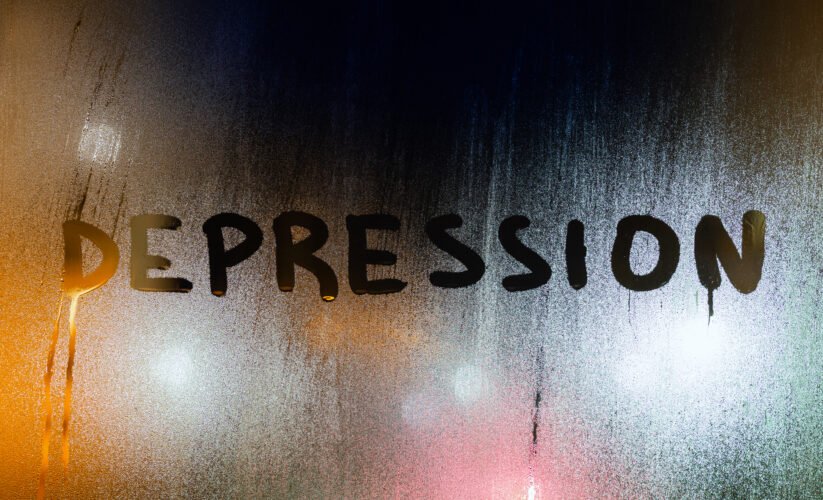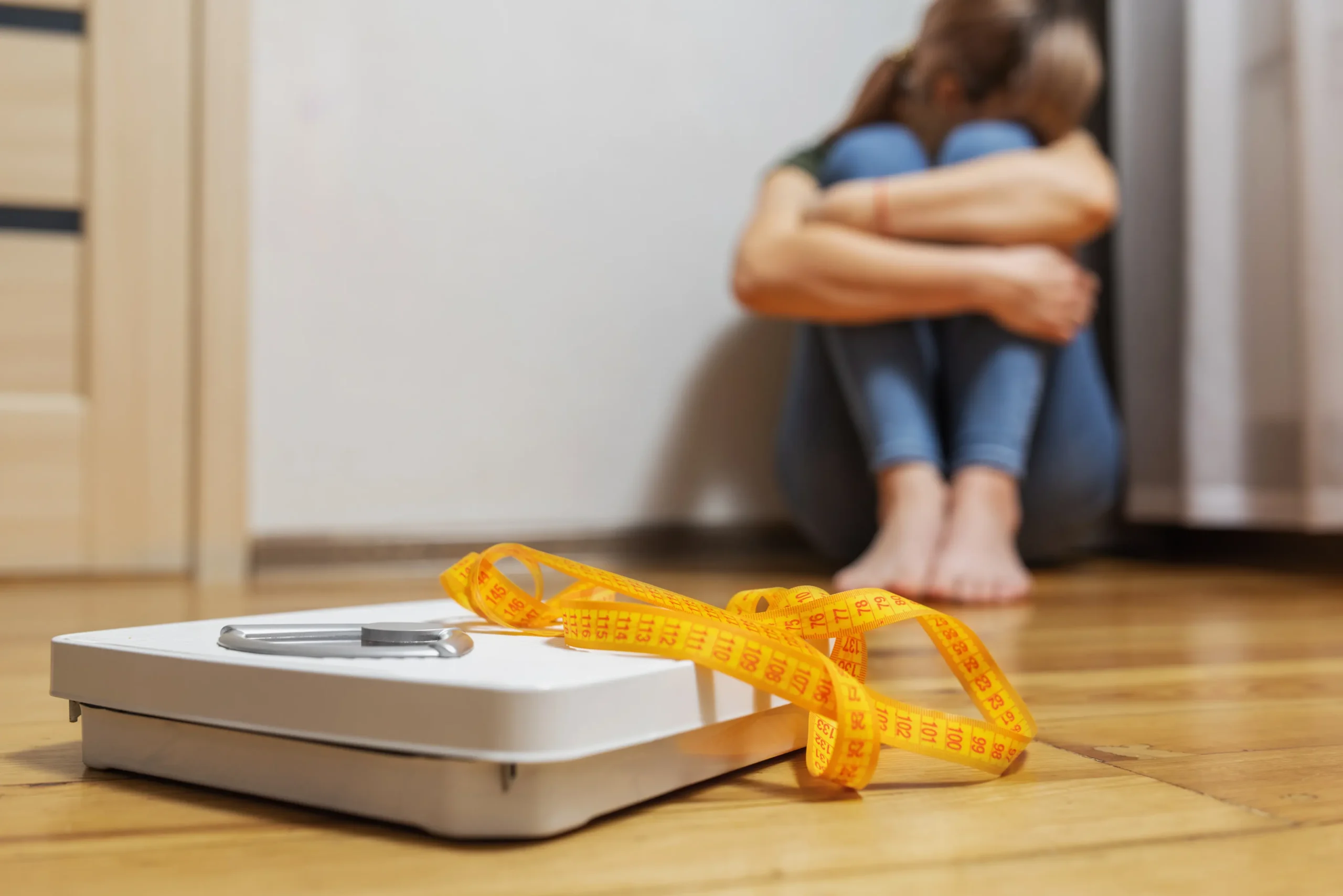How Depression Affects Your Body, Not Just Your Mind
By adminpsy

I Recommend Swapping True Crime for Cartoons- Here’s Why Your Bedtime Habits Are Affecting Your Sleep
When we talk about depression, we often associate it with persistent sadness, lack of interest, and emotional distress. However, depression is more than a mental health condition—it can significantly impact your physical well-being too. Understanding the connection between depression and the body is crucial to seeking timely help and receiving holistic care.
If you’re experiencing unexplained physical symptoms along with emotional struggles, it’s time to consider that depression might be affecting your body too.
1. Chronic Fatigue and Low Energy
People with depression often feel tired all the time—even after a full night’s sleep. This isn’t just being sleepy; it’s a deep, persistent exhaustion that makes even routine tasks feel overwhelming. Low motivation and lack of physical energy are hallmark physical effects of depression.
2. Sleep Disturbances Lead to Body Pain
Sleep issues like insomnia or oversleeping are common in depression. Poor sleep quality leads to increased muscle tension and body aches. Over time, this lack of restorative sleep can contribute to joint pain, headaches, and an overall sense of physical discomfort.
3. Unexplained Aches and Psychosomatic Symptoms
Depression can manifest through unexplained physical pain. You may experience stomach cramps, back pain, or headaches without any clear medical cause. These are called psychosomatic symptoms—real physical pain triggered by emotional distress.
4. Weakened Immunity
Living in a constant state of stress and emotional low affects your immune system. Depression can make your body more susceptible to infections, slow down recovery, and increase inflammation.
5. Appetite and Weight Changes
Depression often affects appetite—some people eat more (comfort eating), while others lose interest in food altogether. These changes can lead to noticeable weight gain or loss, further impacting overall health and self-esteem.
6. Increased Risk of Cardiac Issues
Studies have shown a strong link between depression and heart disease. The stress hormones released during depressive episodes can raise blood pressure, increase heart rate, and elevate the risk of cardiovascular problems over time.
Seeking Help is the First Step Toward Healing
Dr. Anjalika Atrey, Consultant Psychiatrist, provides compassionate and evidence-based care for patients battling depression. Her approach focuses not just on the emotional symptoms, but also on the physical toll depression takes on the body.
If you’re noticing physical signs of depression along with emotional struggles, don’t ignore them. Early intervention can prevent long-term complications and lead to a better quality of life.
Looking for expert support?
Book your consultation for depression treatment in Juhu, Mumbai with Dr. Anjalika Atrey today.
Want to know more read the article featuring Dr Anjalika Atrey:
https://www.vogue.in/content/i-swapped-true-crime-for-cartoon-and-finally-started-sleeping-again






